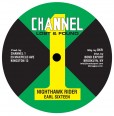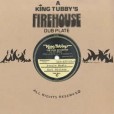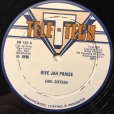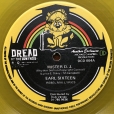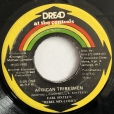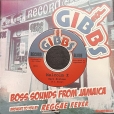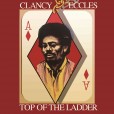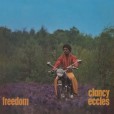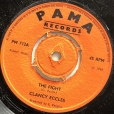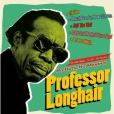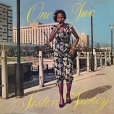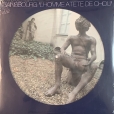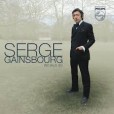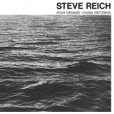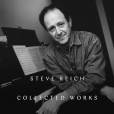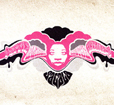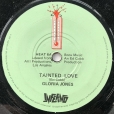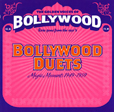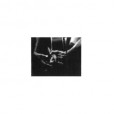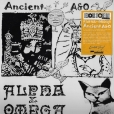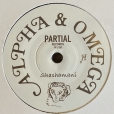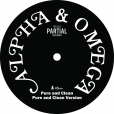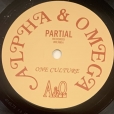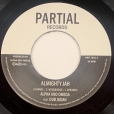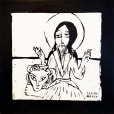Your basket is empty

Earl Sixteen over two moody Channel One rhythms, around 1984; both with serious dubs, all previously unreleased.
Hymning the power of reggae, over a re-licked, surging Conquering Lion, with worrisome Tubbys bass. The dub is here.
A suitably outrageous picture disc.
‘If it is the radical edge of uncompromising hardcore minimalism that you are after, this reissue of Four Organs and Phase Patterns delivers two key examples.
‘‘I am interested in perceptible processes’ Reich had written in 1968. ‘I want to be able to hear the processes happening throughout the sounding music.’ Four Organs is a radical realisation of this goal. Against the steady rattle of maracas, individual tones within a single chord are gradually lengthened. No changes of pitch or timbre occur, and the drawn out nature of the process provoked outrage at some early performances, when audiences found themselves caught up in a decelerating loop, being dragged towards stasis. Phase Patterns, composed a month later, relies on a phasing technique developed during Reich’s earlier experiments with magnetic tape recordings, which he allowed to drift out of sync. Identical figures initially in unison shift out of phase, generating unexpected patterns.’
‘Obviously music should put all within listening range into a state of ecstasy’ (Steve Reich).
Vinyl from Aguirre.
Aka Georgia Ann Muldrow.
‘Committed to tape on February 20, 1979… a real declaration of identity for Loren. He was introducing himself publicly as a guitar player, although his approach was still very much dictated by the influence of the painter, Mark Rothko, who Loren once described as using a minimal palette to create vital art… The feel to this session is bluesy, in as much as Loren’s wordless vocals have a surface similarity to a hellhound’s, and while he was not using a slide, most of the notes he plays are bent to the edges of their known range. Fahey always said blues was ‘about’ anger, though there’s not really any of that here. I am more reminded of this Rothko quote. ‘You’ve got sadness in you, I’ve got sadness in me ... and my works of art are places where the two sadnesses can meet, and therefore both of us need to feel less sad.’ The first side is solo. On the second Loren is joined for a bit by Kath on hums and recorder. The music brims with sorrow more than anything else. And while it’s clear Loren was embracing an abstract avant garde aesthetic vis-a-vis his playing, the urge to communicate seems to lie at its roots. Whatever you choose to call it, this is the beginning of something quite beautiful’ (Byron Coley).
With Dub Judah.
